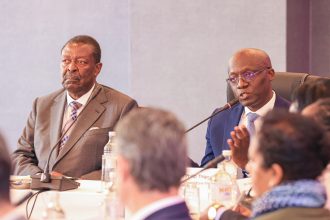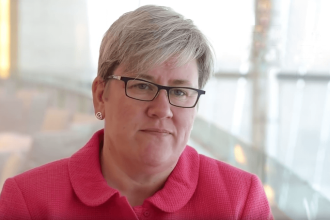By Andrew Sande
While Africa’s population directly or indirectly depends on products and services from agriculture, fisheries, forests, and wetlands, yet, the sectors’ vulnerability to climate change greatly exposes the continent’s citizens to food insecurity.
These sectors, hugely derived from the environment and natural resources contribute directly to the economy and the livelihoods of most Africans. The continent continues to experience serious land degradation, deforestation, and encroachment into wetlands, river banks, and lakeshores, hence water and air pollution leading to climate change.
For example, my country Uganda always experiences dangerous landslides during the rainy season where people lose their lives, properties such as livestock, and water contamination and farmers lose agricultural products but still, there is no proper sensitization or plans to help such areas like giving them the early warning, solutions to the problems.
The effects of higher average temperatures and more frequent and severe climatic changes in Uganda are seen primarily in the reduction in food security, decline in the quantity and quality of water degradation of ecosystems, and negative impacts on health, settlements, and infrastructure. Yet, farmers here receive little or no relevant information to help them cope with drought and other climatic stresses.
The health sector of Uganda in particular suggests that over 90% of the disease burden in Uganda is associated with poor environmental status.
Environmental hazards such as landslides, drought, and floods that commonly occur are linked to the mismanagement of the environment and natural resources.
These have put economic, environmental, and social development at risk. The environment is not managed sustainably due to land tenure issues; Market failures; limited skills and knowledge base, limited investment to scale up good initiatives, and Poverty.
I imagine this is happening elsewhere in Africa; this is where I base my desire to call youth and take action on every climate change issue.
There is a need for more empowerment and experienced skilled people to implement climate change mitigations and adaptations to address such challenges, for a better Africa. Additionally, I believe that, if we put our hands together we can build the Africa we want.




